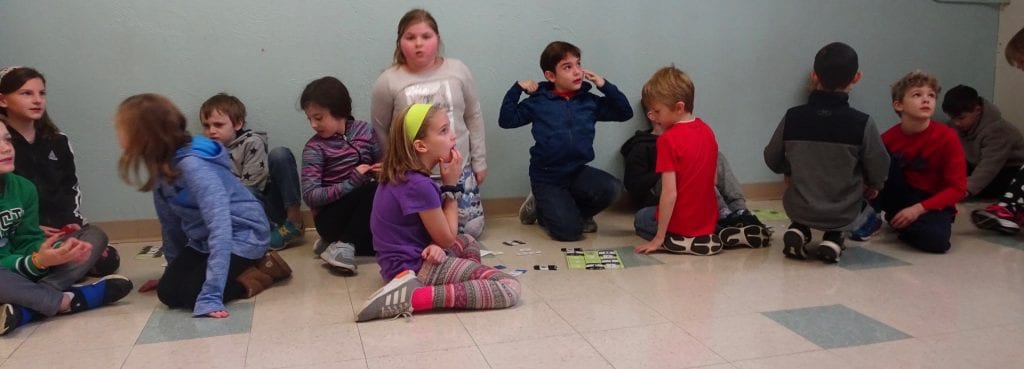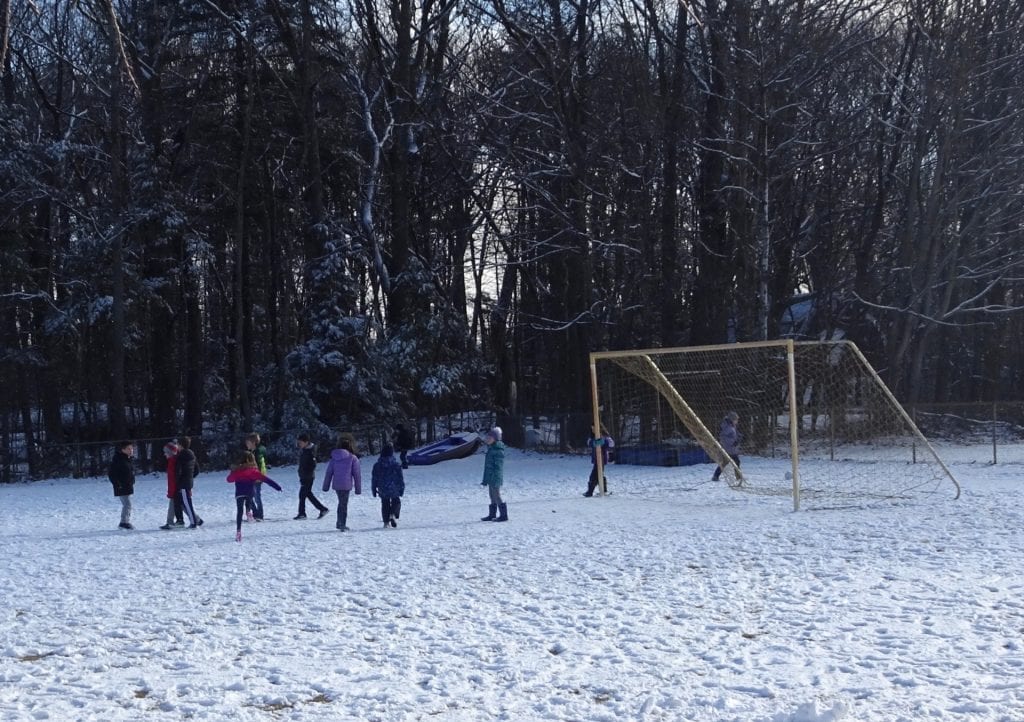
Happy New Year!
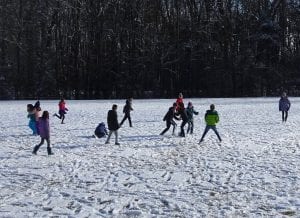
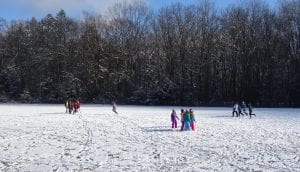 I hope you each had a wonderful break. Judging from the bits and pieces I’ve heard from the children, it seems as though you did. Thank you for your time and attention with the family stories project. We appreciate the support you offered the children in conducting their interviews and gathering information that will soon be turned into stories. We will begin that writing process on Tuesday – hopefully that will be enough time for everyone to collect their information.
I hope you each had a wonderful break. Judging from the bits and pieces I’ve heard from the children, it seems as though you did. Thank you for your time and attention with the family stories project. We appreciate the support you offered the children in conducting their interviews and gathering information that will soon be turned into stories. We will begin that writing process on Tuesday – hopefully that will be enough time for everyone to collect their information.
Elaboration Strategies in Writing
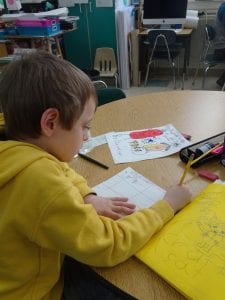 We’ve continued to explore the elements within a narrative story arc. This week we’ve learned different ways for making our writing even more interesting and detailed. We’re exploring four elaboration strategies: description (We’re trying to use what we’ve learned previously about adjectives, adverbs and the power of 3.), action, dialogue and inner thought.
We’ve continued to explore the elements within a narrative story arc. This week we’ve learned different ways for making our writing even more interesting and detailed. We’re exploring four elaboration strategies: description (We’re trying to use what we’ve learned previously about adjectives, adverbs and the power of 3.), action, dialogue and inner thought.
We know that all pieces of writing have a beginning, middle and end. We are trying to add enough detail to each part so readers are able to create a mental movie of the sights, sounds and actions. It’s tricky! This week it seems as though more of the students are realizing that intentional thought and attention to using these strategies will elevate their pieces of writing from “meh” to “okay” to “interesting” to “WOW! Let’s hear that again.”
Open Circle – How to Sort Problems
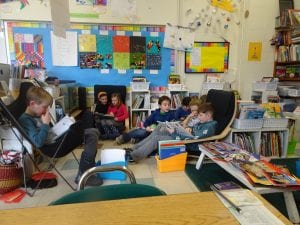 This Open Circle unit helps us think about different types of social problems. It helps us practice positive ways of dealing with them. Over then next few weeks, we’ll be defining annoying, helpful, disruptive and respectful behaviors. We’ll continue conversations about self-management and create strategies to help us behave responsibly and respectfully more than we do now by thinking more of the consequences of our actions. Ella introduced us to the “butterfly effect” at the beginning of the year. It’s time to consider this idea again to see how it can help us make different behavior choices to support growth and learning.
This Open Circle unit helps us think about different types of social problems. It helps us practice positive ways of dealing with them. Over then next few weeks, we’ll be defining annoying, helpful, disruptive and respectful behaviors. We’ll continue conversations about self-management and create strategies to help us behave responsibly and respectfully more than we do now by thinking more of the consequences of our actions. Ella introduced us to the “butterfly effect” at the beginning of the year. It’s time to consider this idea again to see how it can help us make different behavior choices to support growth and learning.
Rounding, Estimation and Measurement
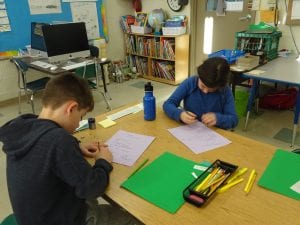 Just before the break we explored the idea of estimation and how the skill develops. We learned about rounding to the nearest 10 and the nearest 100. Rounding is a type of estimation and we thought about how this concept could help us every day. We might be able to reduce waste. We might use time more effectively.
Just before the break we explored the idea of estimation and how the skill develops. We learned about rounding to the nearest 10 and the nearest 100. Rounding is a type of estimation and we thought about how this concept could help us every day. We might be able to reduce waste. We might use time more effectively.
We’ve learned about time. Now we are tackling money. Both of these types of measurement help us practice the 5’s and 10’s table. Next we’ll be tackling linear measurement to learn our 12’s table and also learn more about halves, quarters and eighths.
Bits and Pieces –
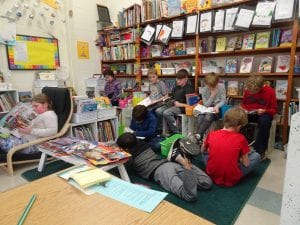 Mr. Guidi’s challenge this week helped us practice cooperation and develop our communication skills.
Mr. Guidi’s challenge this week helped us practice cooperation and develop our communication skills.- We revisited our classroom goals and our description of what a cooperative classroom looks, feels and sounds like. We still think they are important. Most of the children have been actively working to help our class keep the behaviors that help us learn and reduce the behaviors that disrupt learning.
- We finished The True Gift– our 6thchapter read aloud of the school year. Ask your child about it. What does s/he think a true gift is?
- Many of the children created blog posts that highlighted either a favorite memory from 2018 or set goals for things to accomplish in 2019. We read Squirrel’s New Year’s Resolution to discover what “resolution” means. We are working on classroom resolutions that will help us become a stronger class and more helpful to others in our school.
